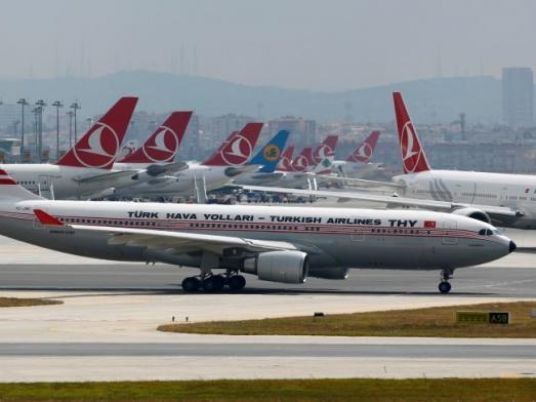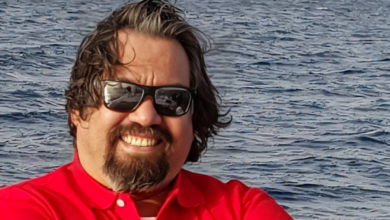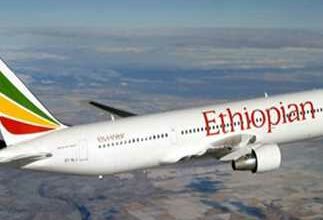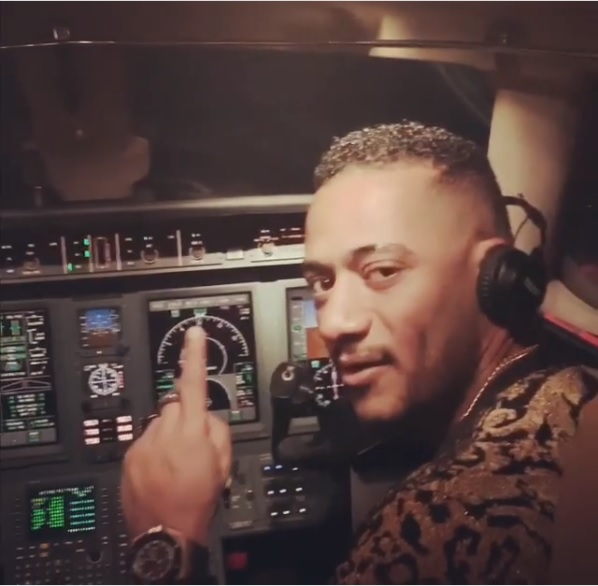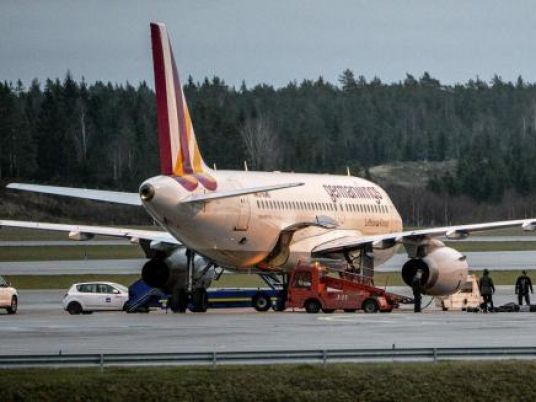
All airline pilots should undergo psychological screening and allow details of medical visits to be shared in a proposed European database, according to new recommendations delivered to the European Commission in the wake of the Germanwings disaster.
A task force of experts led by Europe's aviation safety regulator has also called for the introduction of random drugs and alcohol testing of pilots and better oversight of the doctors responsible for their regular medical checks.
European Union Transport Commissioner Violeta Bulc ordered the review after a young pilot barricaded himself inside the cockpit and crashed his Germanwings jetliner into the Alps in March, killing all 150 people on board.
Prosecutors have found evidence that the co-pilot, who had suffered severe depression and may have feared losing his job, had researched suicide methods and concealed an illness from his employer, sparking a debate on supervision and medical secrecy.
"We don't know everything that happened in this tragedy but we know a certain number of causes and we thought we may not want to wait until the final report of the accident investigation to launch actions," Patrick Ky, executive director of the European Aviation Safety Agency, told Reuters.
The idea is to "minimize the risk of a similar tragedy in the future", he said in an interview.
Coupled with the clampdown on testing is a proposal to set up better support schemes to allow pilots to come forward with concerns about their health, careers or other problems and discuss them confidentially without "an atmosphere of fear".
That would go beyond the traditional regulations and may have alerted colleagues sooner to the condition of the troubled Germanwings pilot, but unions say it would represent a marked change of culture for the toughly managed airline industry.
The EASA task force – drawn from airlines, flight crews, doctors and aviation authorities – did not recommend changes to cockpit doors that were specially strengthened after the Sept 11, 2001, attacks in the United States.
But it endorsed a recent EASA recommendation that there should always be two people in the cockpit.

